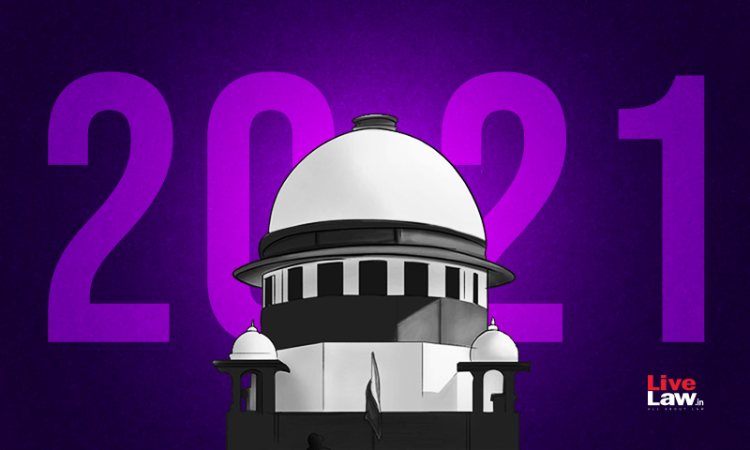Next Story
1 Jan 2022 9:28 AM IST
In the COVID-19 affected 2021, where the Supreme Court was functioning in a hybrid model throughout except for the first three months of the year, several substantial points of law were settled by answering long-pending references. Also, some new points of public importance were referred to a larger bench. Here is a look at some of such important judgments(in no particular...

